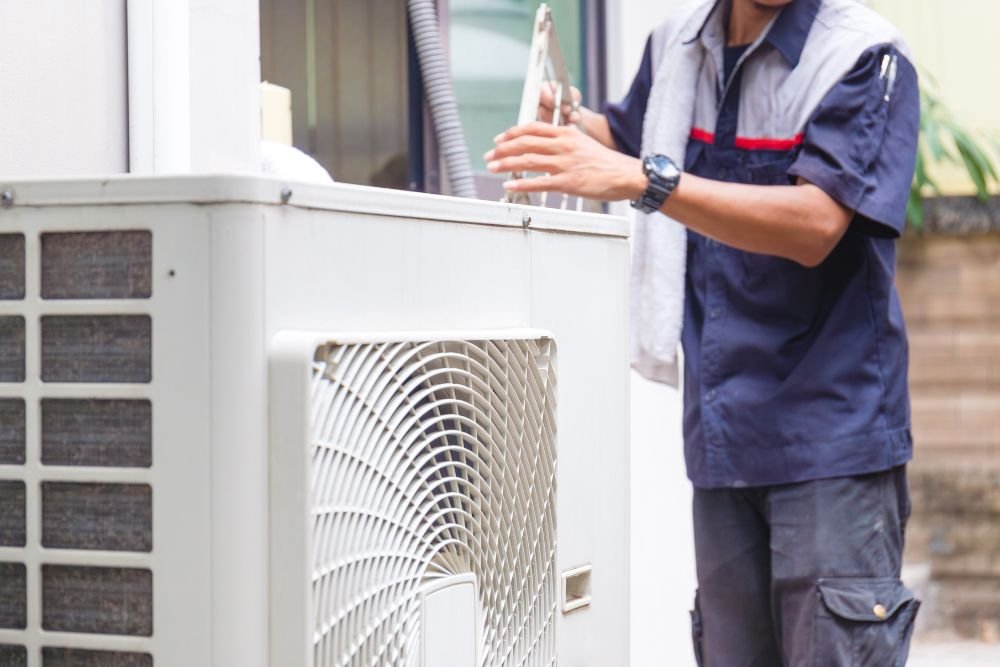Signs You Need To Replace Your HVAC System

Signs You Need To Replace Your HVAC System

An efficient HVAC maintains a comfortable home environment and keeps your home’s energy bills in check. Many homeowners overlook the signs that indicate their HVAC system is nearing the end of its lifespan. Recognizing these signs early can prevent discomfort and save on energy costs.
This post explores the telltale signs that suggest it might be time to replace your HVAC system. Keep an eye out for these signs in your own home so you can maintain comfort and efficiency.
High Energy Bills
One of the first indicators of an aging HVAC system is an unexplained spike in energy bills. If you’ve noticed your bills climbing without any increase in usage, your system might be working harder than it should be to heat or cool your home.
Older systems lose efficiency over time, causing them to consume more energy to maintain the same level of comfort. Upgrading to a modern, energy-efficient model can lead to substantial long-term savings.
Inconsistent Temperature
Finding that some rooms are too hot while others are too cold can be another sign of a struggling HVAC system. This inconsistency is often due to aging components or poor system design.
When your system can’t maintain a uniform temperature throughout your home, it may be time for a replacement. A new system can ensure consistent comfort and eliminate hot and cold spots.
Age of the System
The age of your HVAC system is a significant factor in determining whether it’s time for a replacement. Most systems have a lifespan of 10 to 15 years. If yours falls into this range or beyond, it might be time to consider an upgrade.
Older systems are more likely to experience breakdowns and inefficiencies. Investing in a new system can improve performance and reduce the likelihood of unexpected repairs.
Frequent Repairs
If you frequently call a technician to fix your HVAC system, replacing it might be more cost-effective. While occasional repairs are normal, constant issues can signal a dying system. Continually fixing an old system will become costly, making a new installation a more economical choice overall.
Strange Noises or Smells
Unusual noises or odors emanating from your HVAC system are red flags that you shouldn’t ignore. Rattling, banging, or grinding sounds could indicate worn-out parts or internal damage. Similarly, musty or burning smells suggest mold or electrical issues.
These problems can compromise your system’s performance and your home’s safety. Replacing the system can resolve these issues and restore peace of mind.
You must be vigilant about these warning signs you may need to replace your HVAC unit. Ignoring them can lead to increased discomfort and higher energy costs. While you can expect some initial costs and disruptions from a new HVAC unit installation, these are well worth the long-term investment.
By recognizing these signs early, you can invest in a high-quality HVAC system that ensures long-term home comfort and efficiency. A proactive approach will enhance your living environment and offer energy savings.





